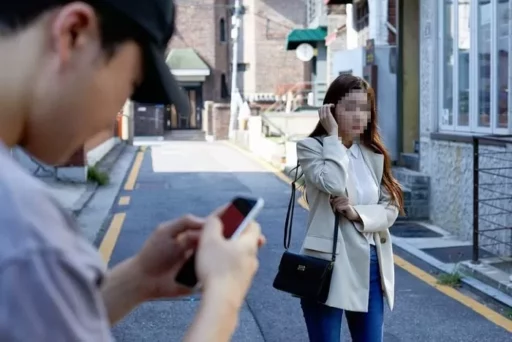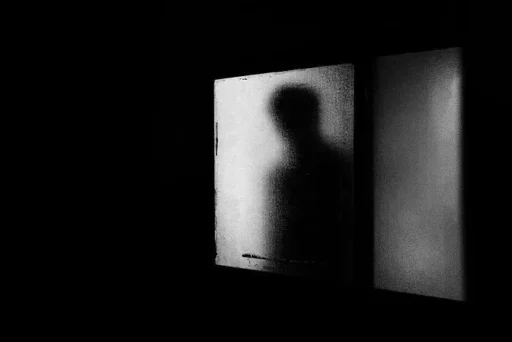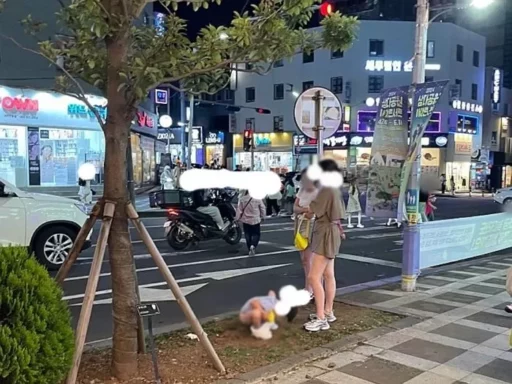After a breakup, contacting an ex-partner: Is it stalking or an expression of feelings?
A man in his 30s, who sent dozens of messages to an ex-partner after notifying them of their breakup, has been charged with stalking, but the court ruled him not guilty.
According to the legal community on the 5th, the Chuncheon District Court's Wonju Branch (Presiding Judge Park Hyun-jin) acquitted individual A, who was put on trial for violating the law on the punishment of stalking crimes.
Individual A was charged with sending a total of 67 text messages to ex-partner B after receiving a message from B in April 2023, stating, "Do not contact me anymore," and visiting areas near B’s residence and workplace until May of the same year.

The two began dating in early 2023 and had a close relationship, referring to each other as "honey" and "husband." A was reportedly in a serious relationship considering marriage, as he sent gifts to B's parents.
Their conflict began after a verbal argument over an appointment issue on April 10, during which A was the first to initiate the breakup, and B also responded by saying, "Let's break up." Notably, this was the day they had promised to meet to resolve their conflict.
Subsequently, A sent a total of 65 messages expressing regret, apologies, and affection until April 14, aiming for reconciliation, and a few days later, it was found that he had left a bouquet of flowers and a letter in B's car.
B regarded this as stalking and reported it to the police. After being warned, A immediately ceased all forms of communication.

The court explained the basis for the not guilty verdict, stating, "Considering the depth of the romantic relationship, the duration of the relationship, and the context of the argument, A's actions are closer to a natural expression of feelings for relationship recovery rather than stalking."
Moreover, the court remarked, "In modern society, where unilateral relationship termination, like so-called 'ghosting', has become common, a cautious approach is necessary before determining the other person’s response as a crime."
The court found that the content of the messages sent by A did not have the severity to induce anxiety or fear in B, and it also concluded that B might not have clearly expressed her feelings. In response, the prosecution filed an appeal against the first-instance ruling, and the case is set to be heard again at the Chuncheon branch of the Seoul High Court.

Image source: Reference photo for understanding the article / gettyimagesbank


